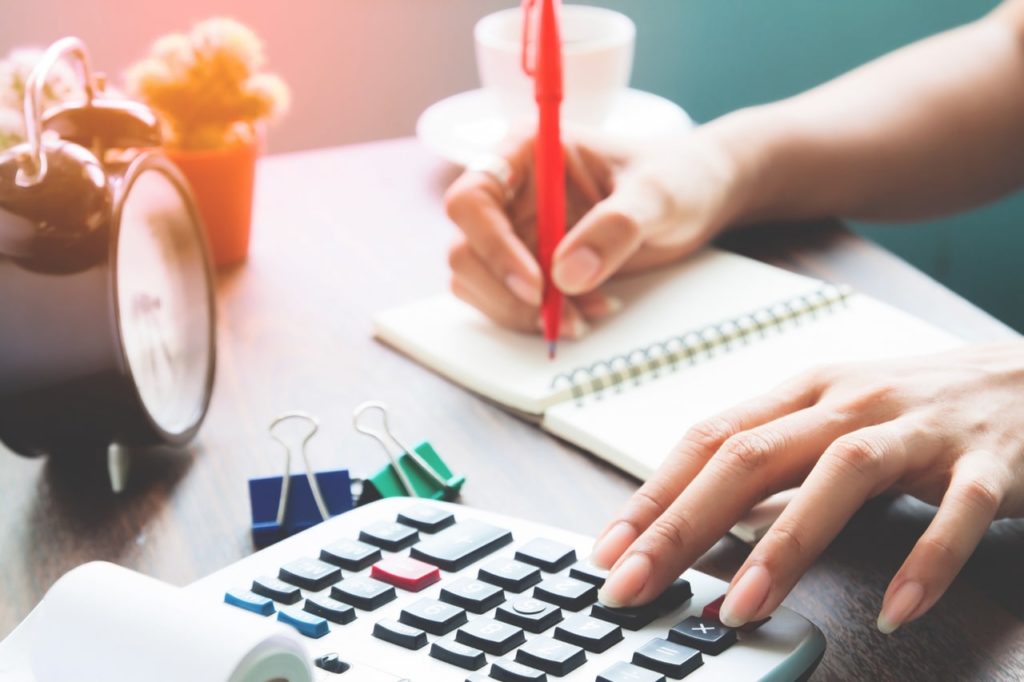How To Build An Emergency Fund?
Life is unpredictable and so we need to be prepared at all times to face any situation. Setting up an emergency fund can be greatly helpful in the future. Read this blog to find out more.

Source: Freepik
I remember last December when I came home from my daily morning walk. And while stepping inside the house, I slipped over the little water spilled near the entry door. So, I visited the hospital that day, and that is when I found out my car had broken down earlier. Apart from the money required to repair my car, I also had other expenses that week. Thankfully, I had saved some money to use in such emergencies.
But I started wondering, what if I face some severe financial crisis in the future? Will I have enough money saved to help myself in such a situation?
Well, life is unpredictable as we know it. The current Covid-19 situation across the world has given us proof of why we need to prepare for anything life throws at us. And having spare money which you can use in urgent situations is need of the hour.
If you find this relatable and will prepare yourself to face any financial crisis, you have arrived at the right place. If you know little about emergency funds, this blog will help you understand why you need to set up an emergency fund today.
Let’s have a detailed look.
What are emergency funds?
As the name suggests, an emergency fund is an amount of money you set aside for emergencies. It is impossible to predict what life might throw at you. A job loss, house repair, urgent visit to the hospital, robbery, anything can happen and leave you vulnerable.
These costs are not the ones you expect to come with an appointment. All you can do is prepare early and make some provisions to overcome them. And building an emergency fund is one such solution you can rely upon.
Why are emergency funds required?
Emergencies come without a knock on your door. What if your computer needs urgent repair or the dog needs to be taken to the vet urgently? Have a plan to tackle these situations.
An emergency fund can be your back support in such drastic conditions. Setup the emergency fund will help you handle unexpected expenses without putting you in debt. Getting payday loans and credit card advances may seem another great option, but these will put you in a cycle of debt.
With an emergency fund, you will avoid these high-cost loans and have control of your finance.


How can you build the emergency fund?
Now that you know why an emergency fund is required, it’s time to figure out how you can build it up.
Here are some tips that will help you set up an emergency fund:
1. Taking the first step towards savings:
The emergency fund must have enough money to cover your regular expenses for three to six months. Though saving such a giant sum might seem a little tough, you can achieve it.
Find out the sum you require to be saved, prepare the blueprint, and build the budget first. Once you figure all this out, you can move forward.
They say small steps lead to substantial changes; you can start by putting some money aside every week. This way, you won’t feel burdened, and gradually you will achieve your goal.
2. Keeping the emergency fund separate from other funds
Whatever money you keep for emergencies should be easily accessible. If you have set aside an amount for your retirement plans, it’s better not dip into those before time. It might cost you a lot in the long run.
Opening a separate savings account is the best option for you. You can consult with the bank about your goals and open a bank account accordingly.
3. Monitor your spending habits
Curbing unnecessary spending will save you a lot of money. You can also set up automatic debits from your account to save money. This way, you will keep your other expenses under control.
Switching up on some regular habits can also help you save up. Making your coffee, home-cooked meals, commuting by subway, or using coupons for groceries can also save you lots of money.
4. Keep the additional income aside
You can also build up your emergency savings with any additional income you receive. Work bonuses, tax returns, rent received you can set aside instead of spent. This income can put off some load from your shoulders in urgent situations.
Bottom line
Financial problems vary from person to person, and you cannot have a one-size-fits-all approach for this. So, to achieve your financial goals, it is always better to consult an advisor.
Now, you know how you make adjustments to save money for emergency funds. But remember, you must look at emergency funds as long-term insurance. If you make amends to save your money today, you will have a backup plan for future problems.
Are you planning on opening a bank account to save money? It’s better to know which bank account suits best to your needs. Check out ‘How many types of a bank account are there?’ and find out which one suits you best.



